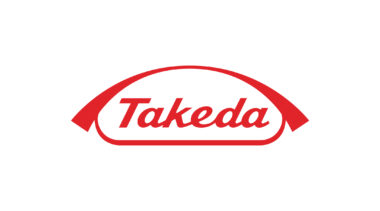Dementia Australia acknowledges with sadness the death of Australian journalist, author and broadcaster George Negus AM of Alzheimer’s disease.
Dementia Australia CEO Professor Tanya Buchanan said we extend our sincere condolences to Kirsty Cockburn and his sons Serge and Ned Negus.
“Mr Negus was an icon for Australians and for Australian media. He generously contributed to raising awareness about dementia and the impact it has on individuals and their families.” Professor Buchanan said.
“Throughout their experience, Ms Cockburn and their sons have been tireless in continuing to raise awareness publicly and at all levels of government to ensure that all Australian’s impacted by dementia know they are not alone.”
Dementia Australia Ambassador Hamish Macdonald said: “George Negus was a giant of Australian journalism. He was also a mentor and a dear friend. I will miss him greatly.”
“I am feeling sad today, but also immensely lucky to have crossed paths along the way. He loved telling stories and he helped me get better at telling them too. Wishing Kirsty, Ned, Serge and the wider family all my love,” Mr Macdonald said.
“We thank and honour Mr Negus and his family for the difference they have made to the lives of people living with dementia, their families and carers. Vale George Negus AM,” Professor Buchanan said.
If this story has prompted any questions or concerns, please contact the National Dementia Helpline anytime on 1800 100 500 or visit dementia.org.au.
-Ends-
Dementia Australia is the source of trusted information, education and services for the estimated more than 421,000 Australians living with dementia, and the more than 1.6 million people involved in their care. We advocate for positive change and support vital research. We are here to support people impacted by dementia, and to enable them to live as well as possible. No matter how you are impacted by dementia or who you are, we are here for you.
For support, please contact the National Dementia Helpline on 1800 100 500. An interpreter service is available. The National Dementia Helpline is funded by the Australian Government. People looking for information can also visit dementia.org.au
Media contacts: Stephen O’Connell, Media and Communications Advisor [email protected] 0402 284 257
When talking or writing about dementia please refer to Dementia-Friendly Language Guidelines.
Note to Editors:
We request, where possible, details for the National Dementia Helpline 1800 100 500 appear alongside news stories about dementia, as these stories often prompt questions or concerns:
If this story has prompted any questions or concerns, please call the National Dementia Helpline 1800 100 500 (24 hours, 7 days a week) or visit dementia.org.au.


